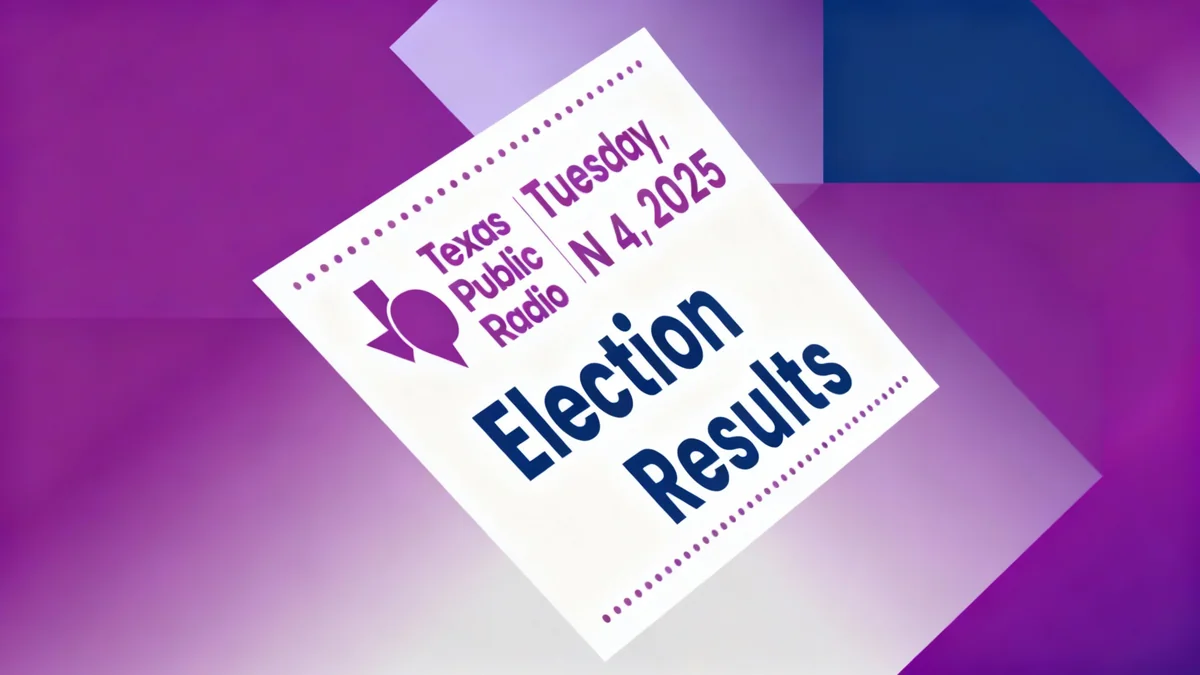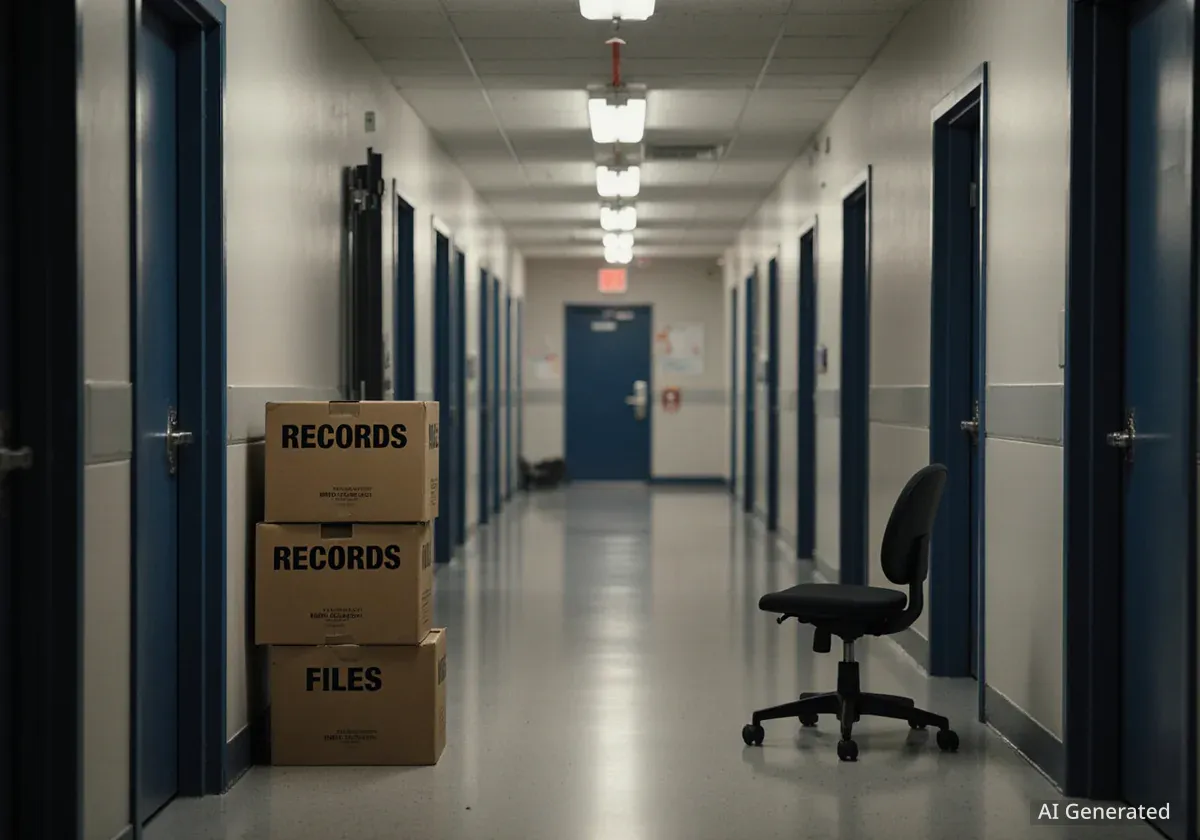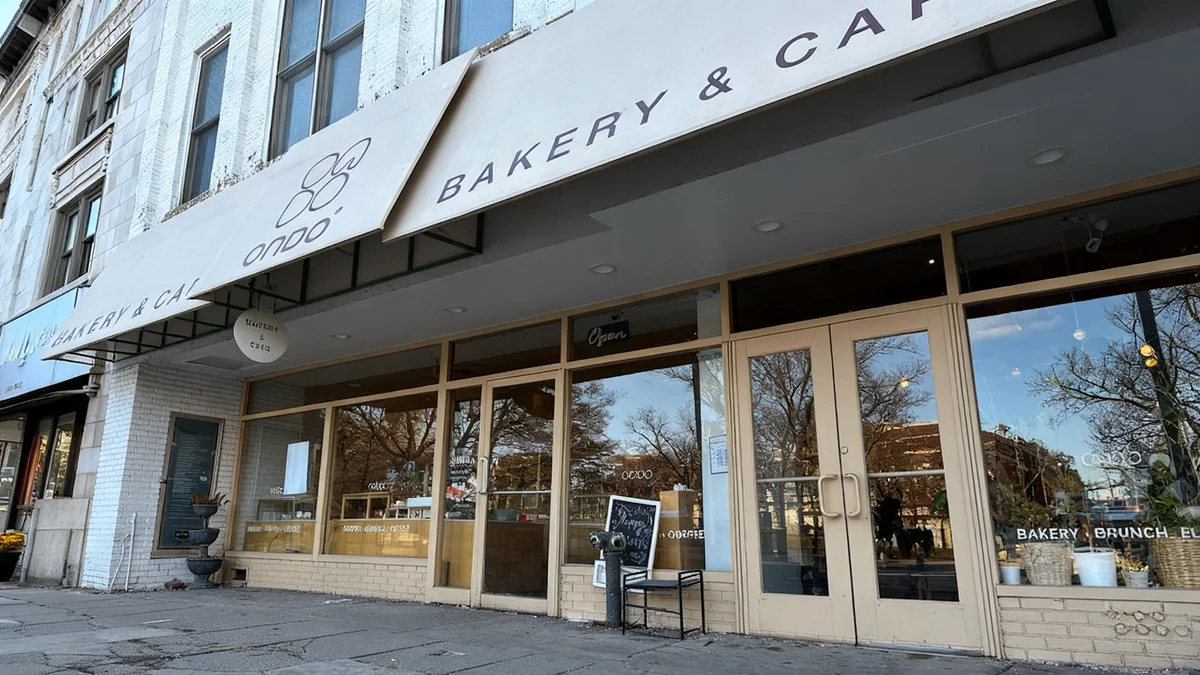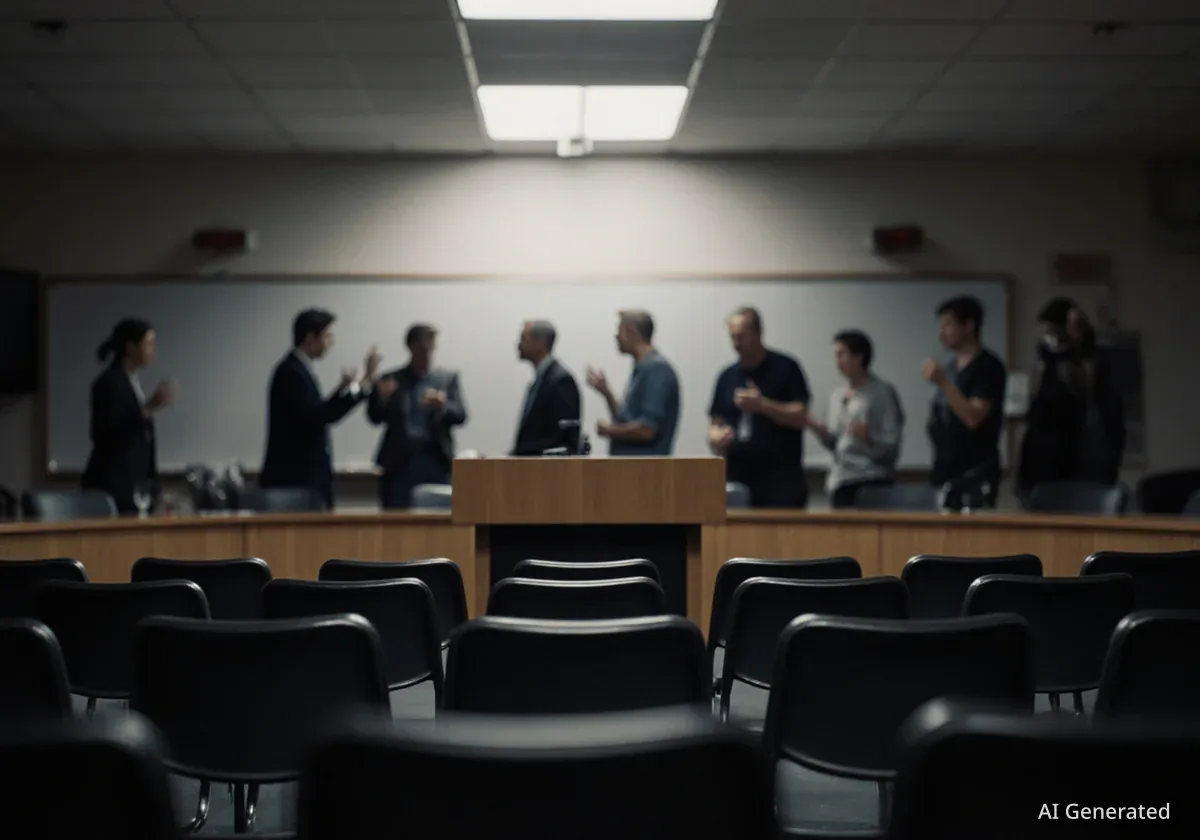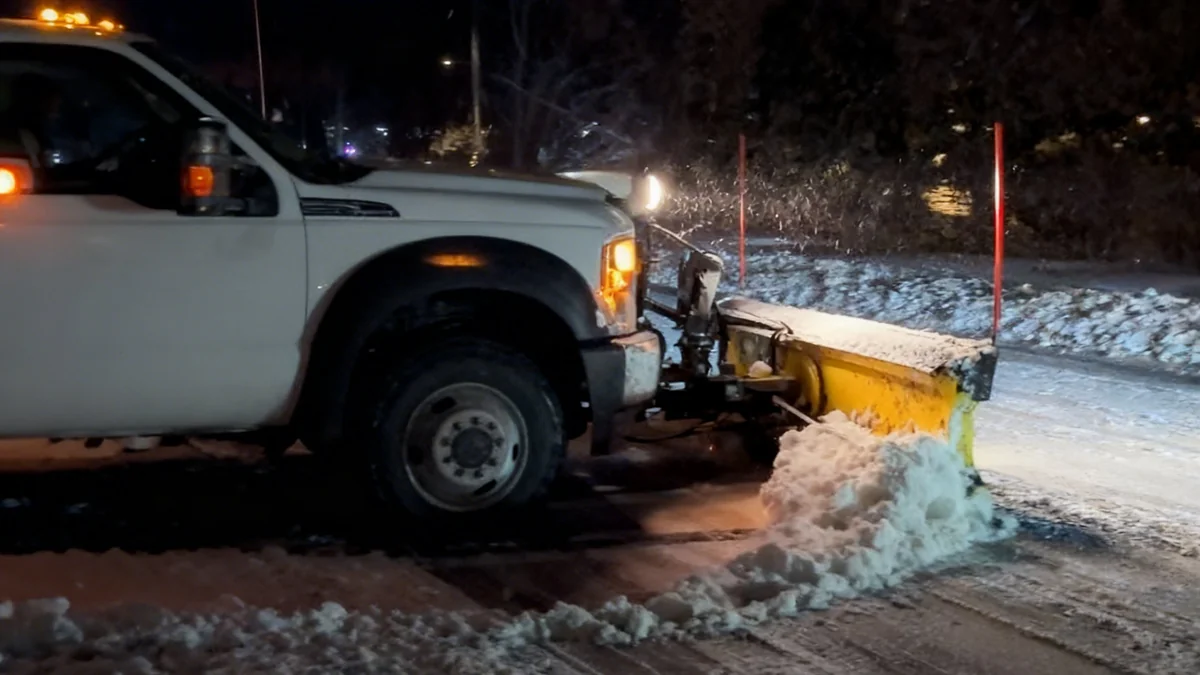Texas voters have passed a wide range of constitutional amendments, addressing issues from technical college funding to property tax exemptions. However, local school districts in the San Antonio area faced significant setbacks, with most tax-rate increase proposals failing to gain voter approval.
Key Takeaways
- Bexar County voters approved funding for a new San Antonio Spurs arena.
- Statewide, 17 constitutional amendments passed, focusing on tax cuts and infrastructure.
- Most local school tax-rate increases in the San Antonio area were rejected.
- Funding for technical colleges and dementia research received strong support.
Bexar County Approves Spurs Arena Funding
Voters in Bexar County have given their approval to the initial funding for a new arena for the San Antonio Spurs. This decision came after a somewhat divided public debate. The approval marks a significant step forward for the professional basketball team's future in the region.
The measure was one of two Bexar County propositions on the ballot. Both propositions ultimately passed, indicating voter support for specific local initiatives despite broader trends.
Key Fact
Bexar County voters approved both Proposition A and Proposition B, including the first funding component for a new San Antonio Spurs arena.
Statewide Amendments Focus on Taxes and Infrastructure
Across Texas, voters approved all 17 constitutional amendments presented on the ballot. These amendments covered a diverse range of topics, with many centered on tax relief and crucial infrastructure investments.
One notable amendment, Proposition 2, prohibits the imposition of a tax on realized or unrealized capital gains for individuals, families, estates, or trusts. This measure aims to protect personal wealth from new forms of taxation.
Another significant approval was Proposition 4, which dedicates a portion of state sales and use tax revenue to the Texas water fund. This initiative seeks to bolster the state's water infrastructure and resources, addressing long-term needs.
"While most proposed amendments on this year's ballot focused on taxes, voters also showed strong support for investing in Texas' network of technical colleges and dementia and Alzheimer's research."
Support for Education and Health Research
Voters also demonstrated clear support for specific educational and health-related initiatives. Proposition 1 provides for the creation of the permanent technical institution infrastructure fund and the available workforce education fund. This will support the capital needs of educational programs offered by the Texas State Technical College System.
Proposition 14, a substantial measure, provides for the establishment of the Dementia Prevention and Research Institute of Texas. It also creates the Dementia Prevention and Research Fund, transferring $3 billion from state general revenue to support research, prevention, and treatment of dementia, Alzheimer’s disease, Parkinson’s disease, and related disorders.
Background on Texas Propositions
Constitutional amendments in Texas require voter approval to change the state's foundational document. These amendments often address specific policy areas that cannot be changed through regular legislative processes alone, such as tax policies or the creation of dedicated funds.
Challenges for Local School Funding
While statewide propositions saw broad success, many local school districts in the San Antonio area faced a difficult night. Several proposals for increasing school tax rates to cover operating expenses, including teacher salaries, were rejected by voters.
The Judson, East Central, La Vernia, and Schertz-Cibolo-Universal City (SCUC) Independent School Districts all saw their tax-rate election proposals fail. These failures mean these districts will not receive the requested additional funds for their operational budgets.
- Judson ISD: Tax-rate increase proposal failed.
- East Central ISD: Tax-rate increase proposal failed.
- La Vernia ISD: Tax-rate increase proposal failed.
- SCUC ISD: Tax-rate increase proposal failed.
Only one school district in the immediate San Antonio area, Boerne ISD, successfully passed its school tax-rate election. This outcome highlights a significant disparity in voter sentiment regarding local school funding compared to statewide initiatives.
North East ISD Bond Results
North East Independent School District (NEISD) voters approved three out of five bond propositions. The largest bond proposals, aimed at general district improvements, received voter backing. However, voters declined to fund upkeep for the district’s stadiums and swimming pools, indicating a selective approach to approving school-related expenditures.
The results from these local elections suggest a complex picture of voter priorities. While Texans are willing to support large-scale state initiatives, particularly those offering tax relief or addressing specific health and infrastructure needs, there is clear resistance to increasing local property taxes for school operations in many areas.
Other Notable Statewide Approvals
Beyond the major tax and infrastructure measures, other constitutional amendments also passed:
- Proposition 3: Requires the denial of bail under certain circumstances for persons accused of specific felony offenses.
- Proposition 7: Authorizes an exemption from ad valorem taxation for the residence homestead of a surviving spouse of a veteran who died from a service-connected condition.
- Proposition 13: Increases the homestead exemption from ad valorem taxation by a school district from $100,000 to $140,000.
- Proposition 15: Affirms that parents are the primary decision-makers for their children.
- Proposition 16: Clarifies that a voter must be a United States citizen.
These approvals reflect a broad range of policy priorities supported by the Texas electorate, from criminal justice to parental rights and voter eligibility.
Did You Know?
Proposition 13 increases the school district homestead exemption by $40,000, providing significant property tax relief for homeowners.
The election results paint a nuanced picture of voter sentiment across Texas, balancing statewide fiscal and social priorities with local community needs and concerns over property tax burdens.
